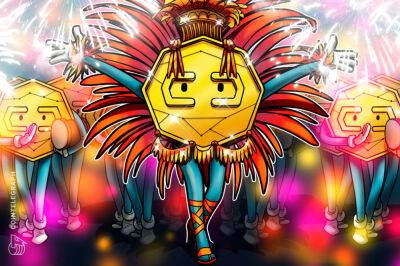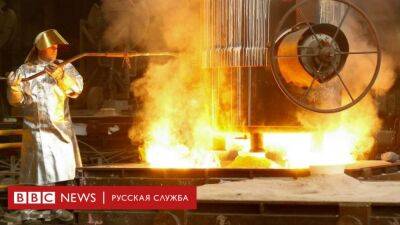Altcoin Roundup: Analysts give their take on the impact of the Ethereum Merge delay
The rollout of Ethereum 2.0, or Eth2, includes a transition from proof-of-work to proof-of-stake that will supposedly transform Ether (ETH) into a deflationary asset and revolutionize the entire network. The event has been a trending topic for years and while anticipation for “The Merge” has been building over the past couple of months, this week Ethereum core developer Tim Beiko informed the world that “It won’t be June, but likely in the few months after. No firm date yet.”
Delays in Ethereum network upgrades are nothing new and so far, the immediate effect on Ether’s price following the revelation has been minimal.
Here’s what several analysts have said about what the merger means for Ethereum and how this most recent delay could affect ETH price moving forward.
Based on data from Beaconscan, there is currently more than 10.9 million ETH staked on the Beacon Chain, offering a gross staking reward of 4.8%. According to a recent report from the cryptocurrency data provider Staking Rewards, this level of staking offers validators the opportunity for a net staking yield of 10.8%.
The current amount staked is equivalent to 9% of the circulating supply of Ether but several barriers including the inability to withdraw staked Ether or any rewards from the Beacon Chain have limited more widespread involvement.
In the post-Merge world, Staking Rewards expects the number of ETH staked to increase to between 20 to 30 million ETH, which would “yield a net validator return (staking return) of 4.2% to 6%.”
While the Merge has several benefits for the Ethereum network, including a reduction in the circulating supply of ETH through burning and staking, some of the main concerns facing the network remain an issue.
Chief among these are
Read more on cointelegraph.com






















